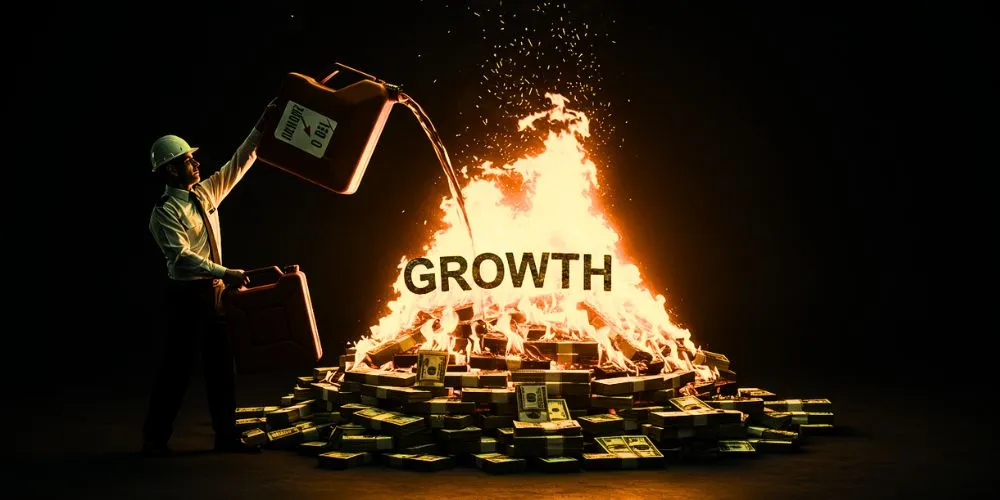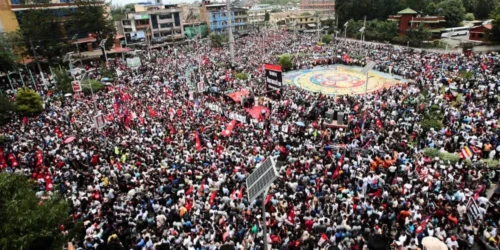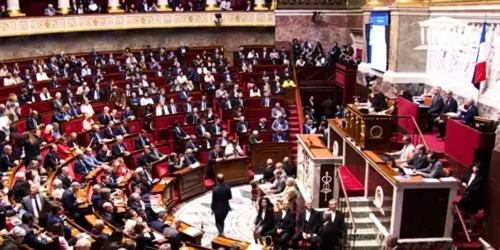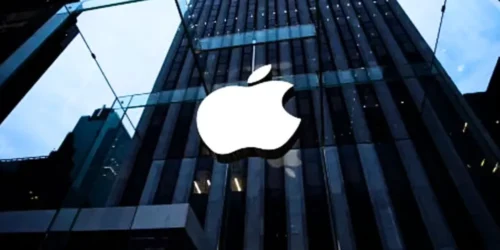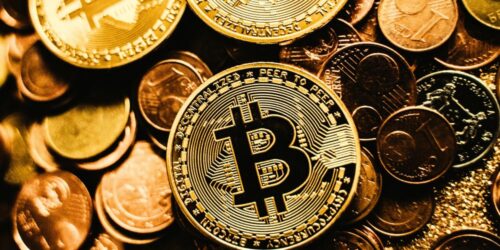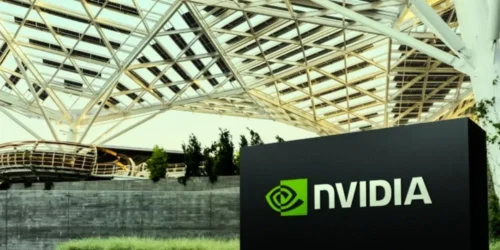Silicon Valley has a story it tells itself: a brilliant founder has a disruptive idea, a savvy venture capitalist provides the funding, and together they change the world while getting fabulously rich. But behind this mythology lies a toxic and destructive culture. The venture capital model, with its relentless obsession with “blitzscaling” and “disruption,” is a bonfire of cash that burns through people and principles in pursuit of monopoly power.
The Cult of “Disruption”
In the VC world, “disruption” is the highest virtue. But what are we disrupting? Too often, it means circumventing regulations, destroying stable local businesses, and creating precarious, low-wage gig work. It’s a model that prioritizes breaking things over building sustainable enterprises.
Growth at Any Cost
Venture capital is not interested in small, profitable businesses. It demands exponential growth, even if that growth is unprofitable and unsustainable. The goal is not to build a lasting company but to achieve a massive valuation as quickly as possible to a lucrative “exit” through an IPO or acquisition.
The Blitzscaling Bonfire
This “growth at all costs” mentality leads to blitzscaling: spending enormous sums of money on marketing and subsidies to capture market share before a competitor can. This burns through billions of dollars, subsidizing services for affluent consumers while rarely creating a viable long-term business model.
WeWork Was a Feature, Not a Bug
We look at spectacular failures like WeWork as anomalies. They weren’t. They were the logical conclusion of a system that prioritizes charismatic founders and hockey-stick growth charts over actual profits and sound business fundamentals. The VC model incentivizes exactly this kind of reckless behavior.
Conclusion
We need a better model for funding innovation. We should champion patient capital, support entrepreneurs who want to build durable, profitable companies, and stop glorifying the “move fast and break things” ethos. The current VC model is a casino that enriches a few while leaving a trail of burned-out employees and failed businesses in its wake.

